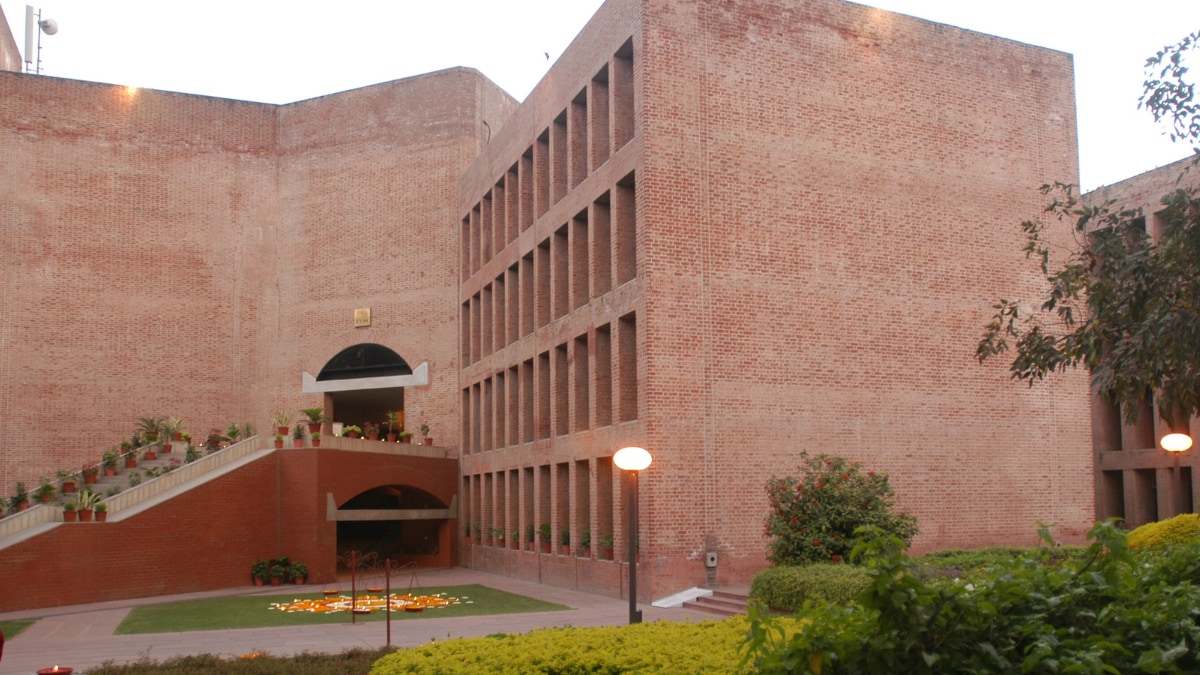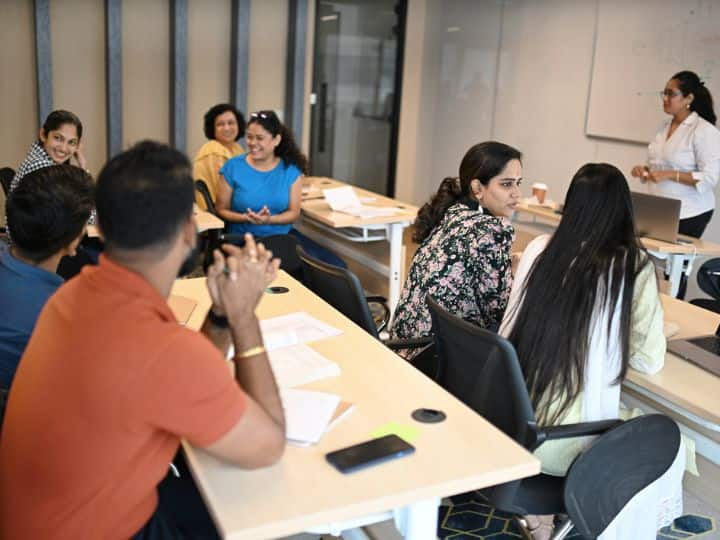The new bill makes the President a ‘Visitor’ to the IIMs while having powers to conduct an audit of their functioning, order inquiries as well as appoint or remove the director and chairpersons to its Board of Governors. (Getty Images/File)
The Indian Institutes of Management (Amendment) Bill, 2023 seeks to make the President of India ‘Visitor’ to the premier business schools. While the Opposition expressed concerns that the move may limit the autonomy of the institutions, the Education Minister cited that the IIMs, too, haven’t complied with certain constitutional obligations
The Indian Institutes of Management (Amendment) Bill, 2023 which seeks to make the President of India ‘Visitor’ to the premier business schools was cleared in the Lok Sabha on Friday, amid the Opposition raising concerns that the move may limit the autonomy of these top institutions.
Following a short debate on the provisions, the proposed bill, which was tabled by Union Education Minister Dharmendra Pradhan, was passed by the Lower House of Parliament. The bill was first introduced in the Lok Sabha on July 28, when it could not be discussed amid disruptions in the House over the Manipur situation.
Pradhan, while responding to the Opposition’s concerns, said that the government doesn’t have any intention of “encroaching upon the autonomy of the IIMs”. “The IIMs have been declared institutions of national importance. The President of India is the Visitor to all the other top-ranking institutes, including the IITs and the NITs, and never has a question been raised on the academic autonomy of these institutions. Similarly, in case of IIMs as well, we don’t have any intention of encroaching upon their autonomy, we promise that in this House,” the minister said.
He further said that it was in 2017 that, under the IIM Act, the Union government empowered the institutions to grant degrees for various courses, as until then these institutes could only offer diploma and certificate courses. “However, over the past four years, the local board of management observed that the IIMs didn’t comply with several constitutional obligations such as providing reservations for Backward categories during the appointment of teachers; being accountable to the government’s General Financial Rules (GFRs) as well as its service conduct rules,” said Pradhan.
The new bill, which amends the IIM Act, 2017, makes the President a ‘Visitor’ to the IIMs while having powers to conduct an audit of their functioning, order inquiries as well as appoint or remove the director as well as chairpersons to its Board of Governors — a move that even faculty members feel could dilute the autonomy of the institutions and have raised their concerns on the same.
The existing Act allowed these business schools greater autonomy to be run by its Board of Governors, with each institute having 19 members, including just one representative each from the central and state governments. The Board nominates its own chairperson as well as has the powers to appoint the director of the institute.
The IIMs and the central government have been locked in a tussle over several issues. In 2020, the IIMs ran into a conflict with the Centre over awarding one-year executive MBA degrees, as the latter red-flagged the granting of such a degree citing the University Grants Commission (UGC) rules, according to which, there is no provision to grant a degree for a course length of a year.
Following this, several meetings were held between the IIM heads and the government to discuss the flashpoint, but the institutes continued to grant one-year degrees despite the government’s reservations on the same. Foreign universities following the ‘4+1’ education model offer one-year Master’s degree for many programmes after the four-year undergraduate course.
Another instance where the two were in disagreement was when IIM-Rohtak reappointed its director for the second time last year, despite a controversy over the official’s academic credentials while the Education Ministry had been opposing it.
Last year, the Ministry had informed the institutes about a new procedure being worked out to form search-cum-selection committees for the appointment of chairpersons. The Board of Governors of the institutes were asked to extend the tenure of the existing chairpersons till the new procedure comes into place. This, however, did not go down well with the administration of the IIMs with several board members describing it as “interference” in their matters.





